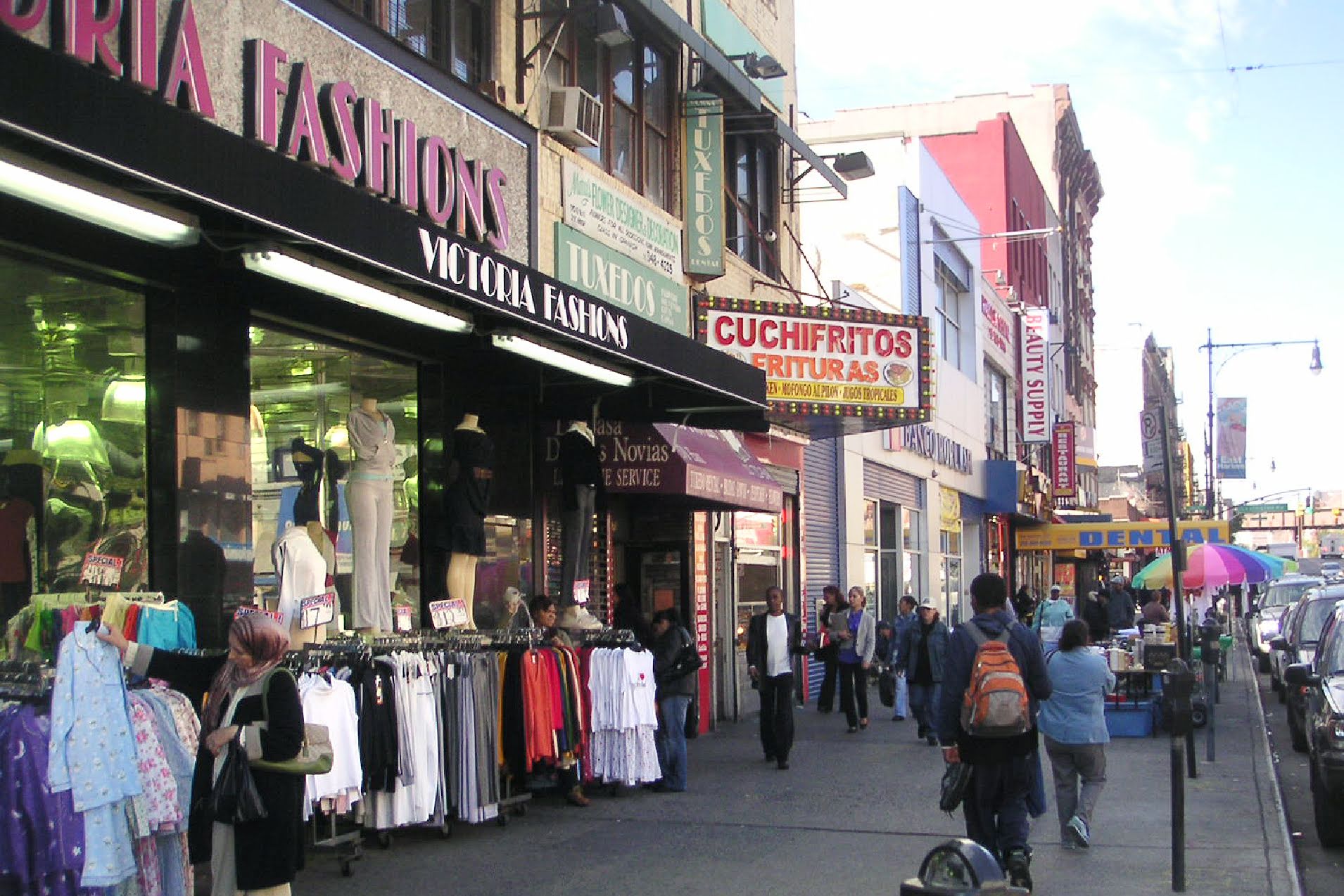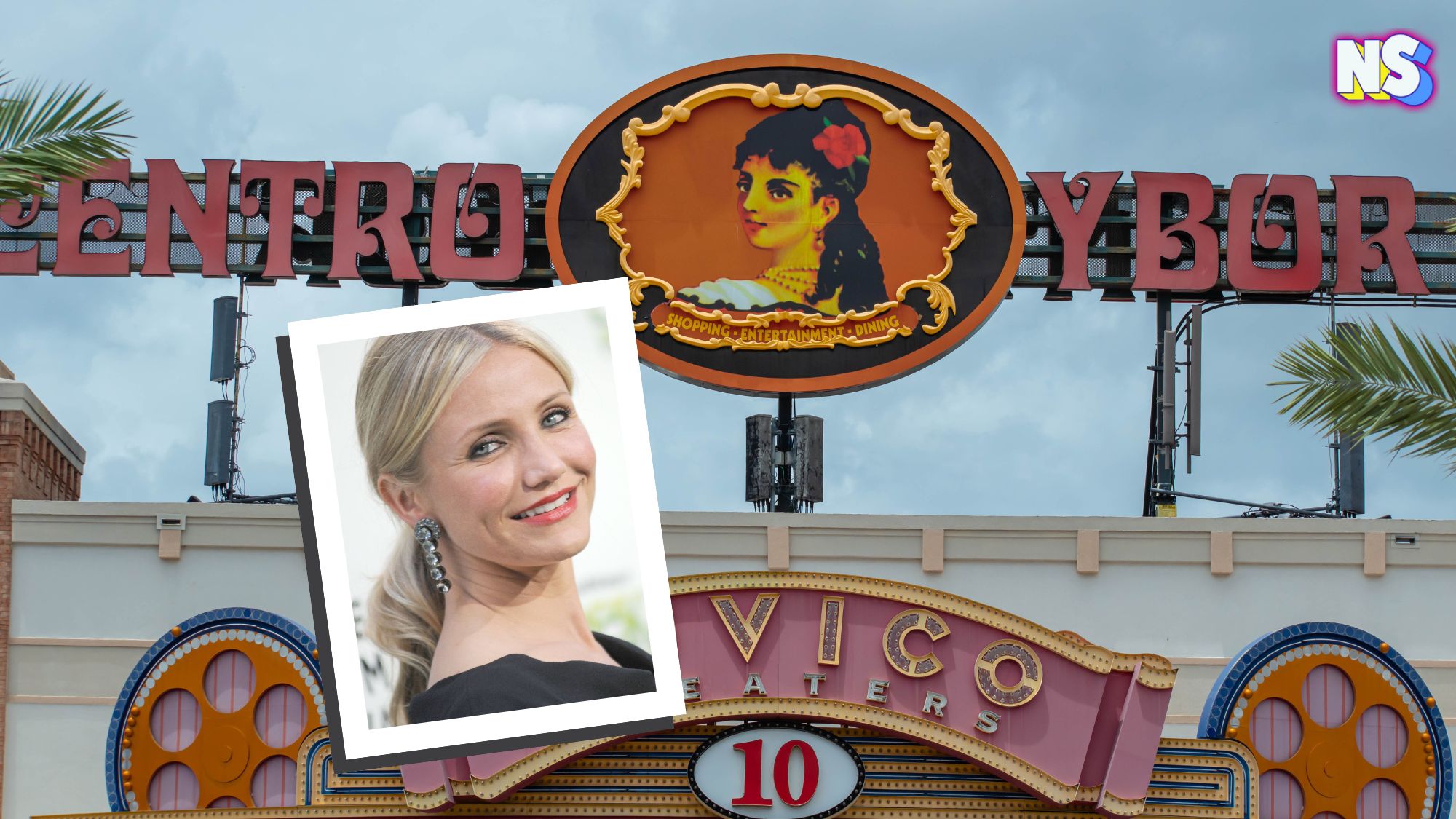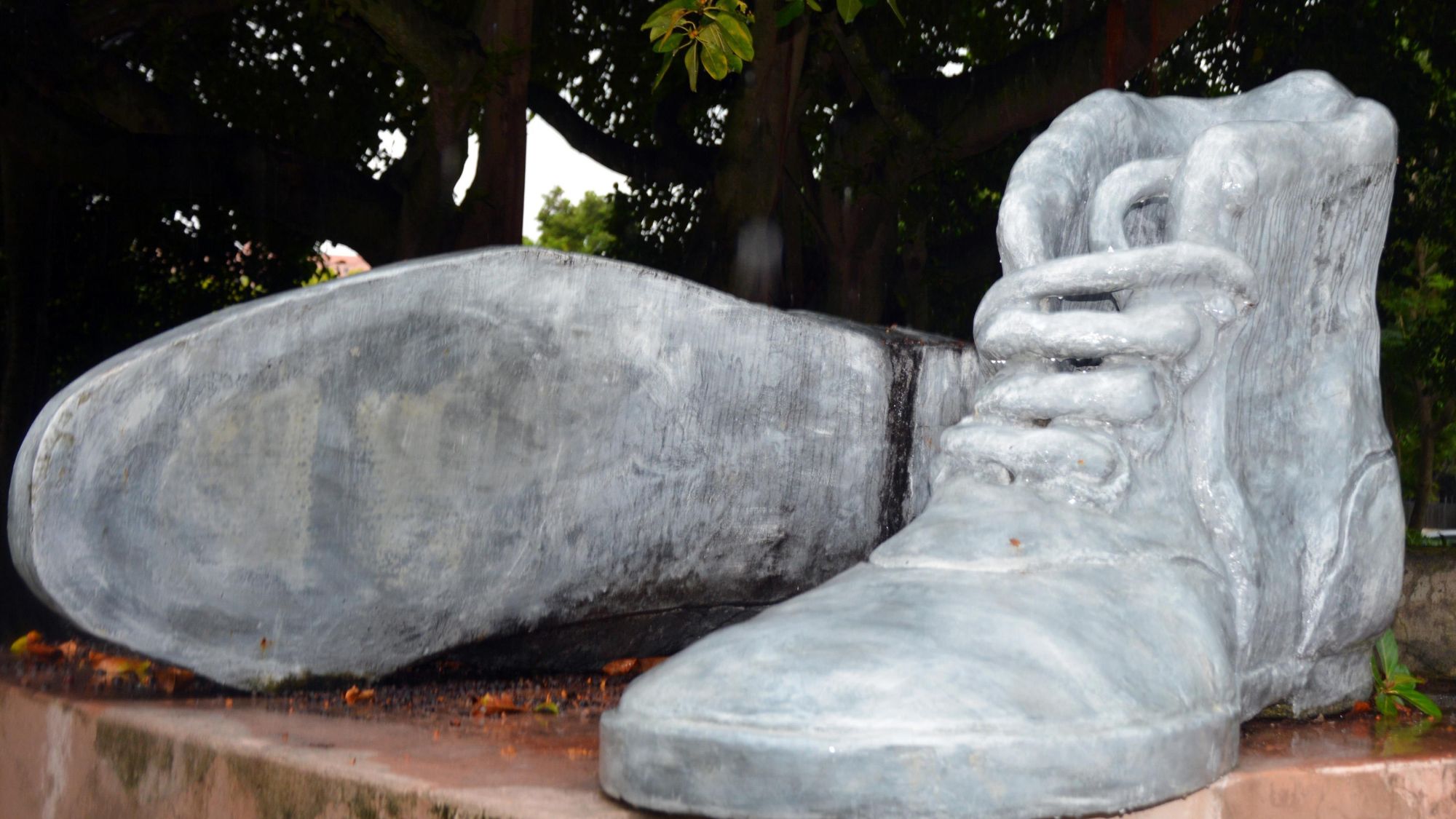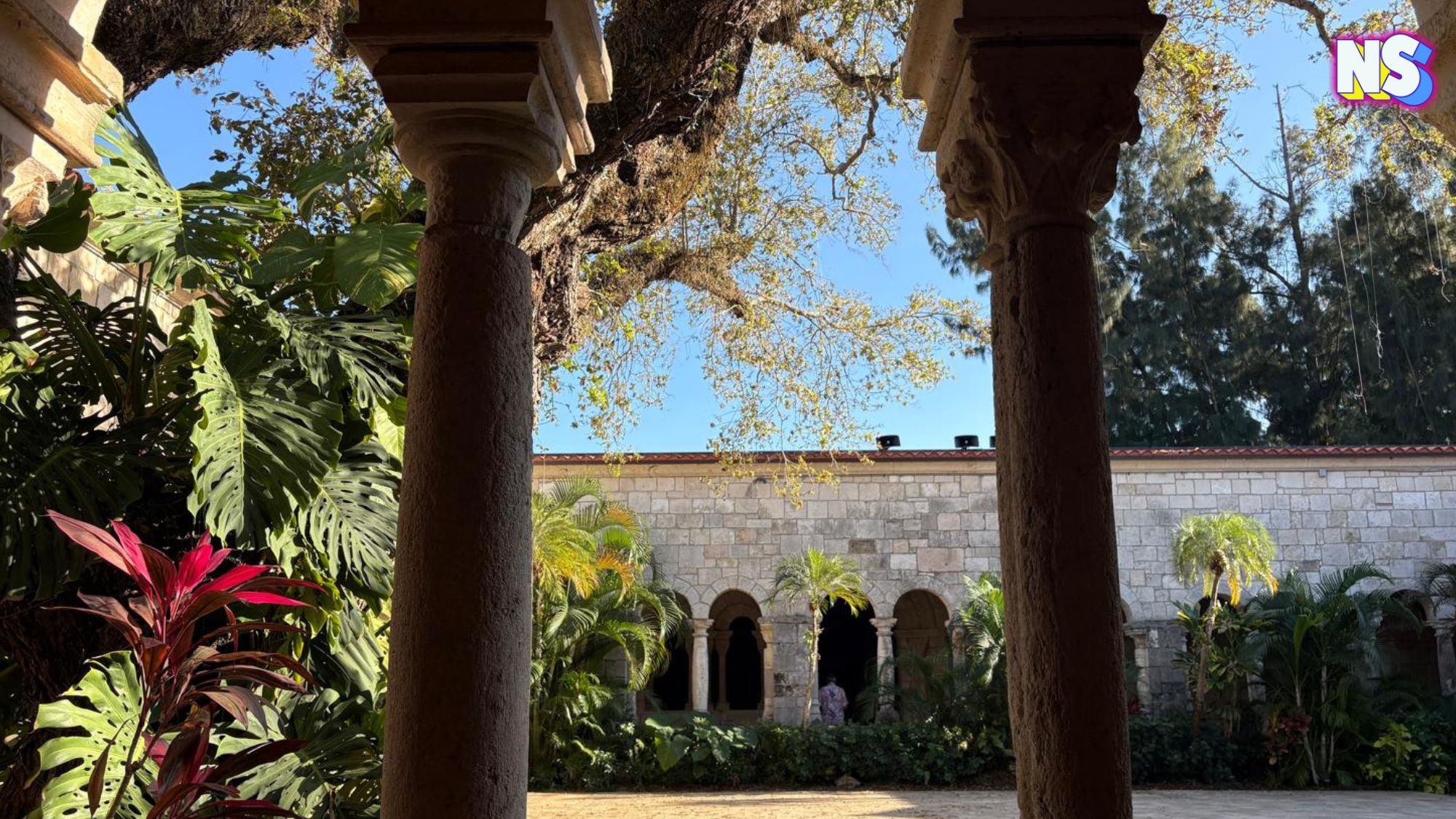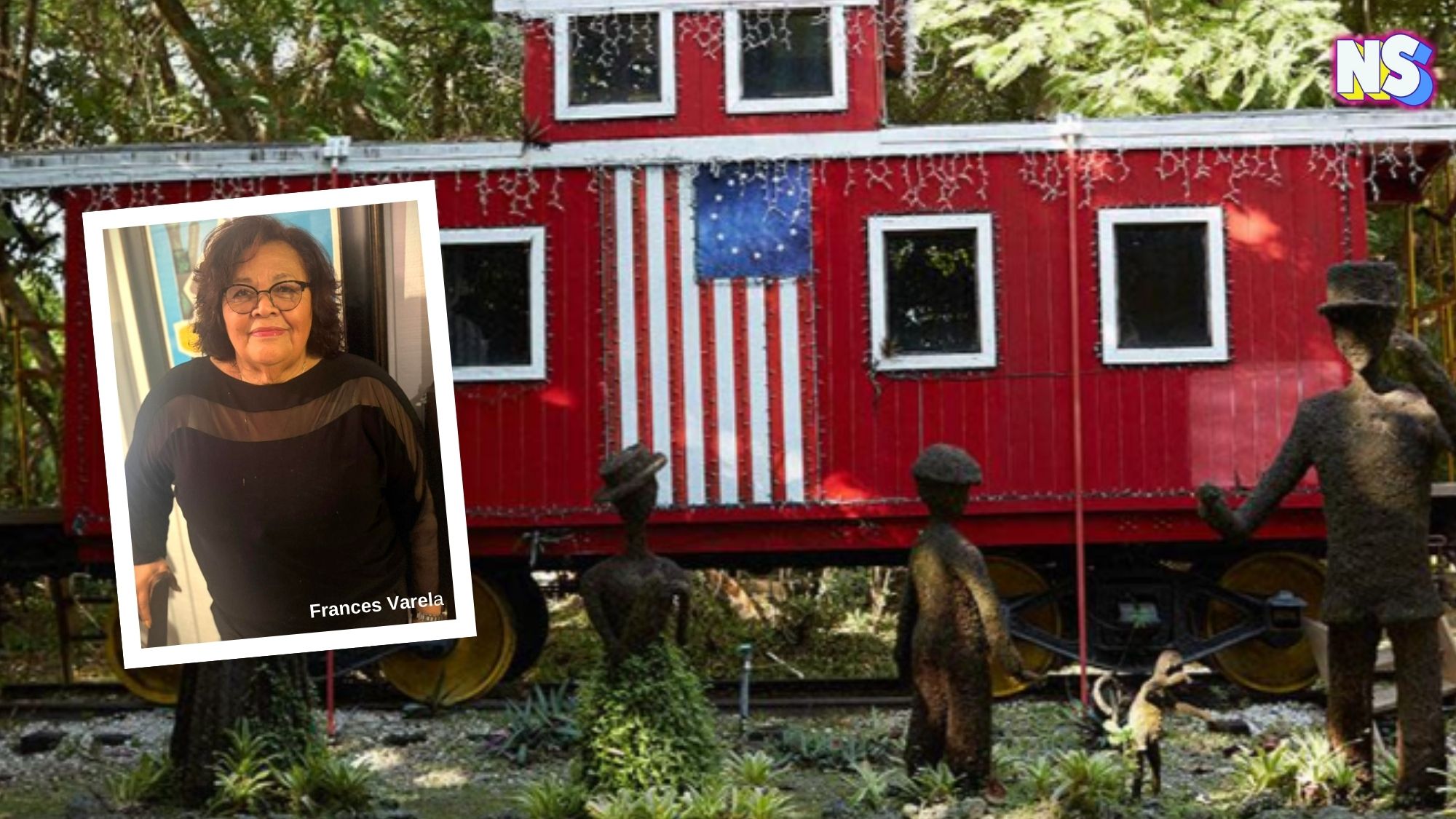Credit: Wikimedia Commons.
New York is undoubtedly a beautiful melting pot of cultures. The so-called “City That Never Sleeps” is home to nearly 9 million people in its 5 boroughs.
One of the city’s best-known and most historic neighborhoods in the country is Spanish Harlem. This neighborhood stretches between 96th and 125th Streets, from 5th Avenue to the East River, and is well known for being one of the most densely populated by Latinos, especially those of Puerto Rican descent.
Spanish Harlem: A Cultural Mecca
Although many areas of the country also have a sizable Puerto Rican population, many consider Spanish Harlem a sort of cultural Mecca.
In the 19th century, the area was home to Native Americans and later to African-American farmers and German and Irish immigrants. Likewise, the area was predominantly Italian until after World War II.
But how did Spanish Harlem evolve into a Latino core?
The history of this longtime pillar of Latino-ness dates back to the early 20th century. The Jones Act of 1917 made the inhabitants of the island of Puerto Rico and Puerto Ricans living on the mainland official U.S. citizens.
As a consequence of the end of the Spanish-American War of 1898, the Jones Act opened the proverbial doors for the government’s promise of jobs and more money. The reality, however, turned out to be more hard work and sugar plantations.
An essential wave of migration in history
From then on, emigration from Puerto Rico began to arrive in steady waves until the 1970s.
Although the initial wave of emigrants might’ve dedicated themselves to agricultural work, in the following years, opportunities began to expand.
Thus, Puerto Ricans became vital to the labor force in service jobs. This community became the working class, political and cultural pillar of cities like New York, from hospitals to factories, hotels, and the textile industry.
Spanish Harlem is born
Wanting to maintain a sense of connection to their life and culture on the island, many immigrants moved together into the same neighborhoods. In particular, the immigrants settled in northeast Manhattan, now known as Spanish Harlem.
To this day, the area maintains a deep connection to the island’s cultural roots while merging with the deeply connected cultures of the city at large.
Today, Spanish Harlem is a vibrant neighborhood full of colors, rhythms, and intense cultural life. It embraces a multitude of immigrants from Mexico, South Korea, the Dominican Republic, Haiti, China, and Central America.
Things to know before you go:
- You can take many walking tours in the neighborhood, including one that takes you through the entire history of Hip Hop.
- El Museo del Barrio is one of the key places to visit and learn about the Latino history of Spanish Harlem.
- You can’t visit the neighborhood without visiting the famous Apollo Theater, where musical icons such as Duke Ellington, Dizzy Gillespie, Ray Charles, and Aretha Franklin delighted their fans.
- And if you’re in the mood for Latin food, you can’t miss Sofrito, La Cantina, El Encanto de Lola, and Café Habana.

